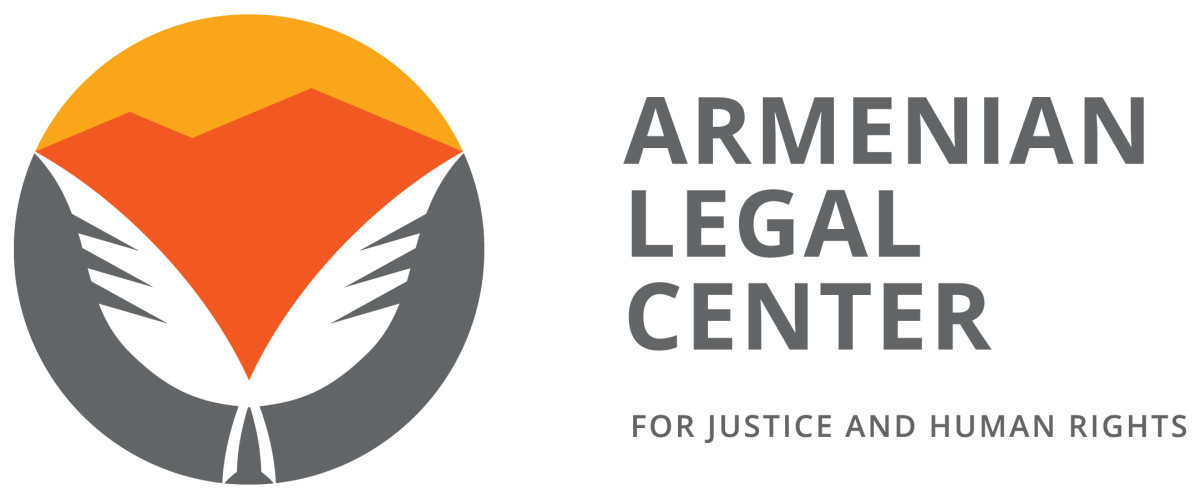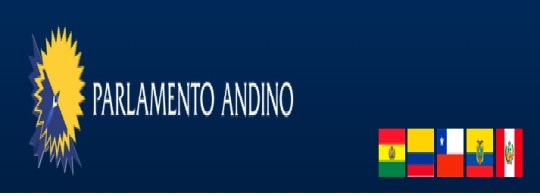Month: September 2016
-

New Armenian Legal Center for Justice & Human Rights Launched
— International Institute to Seek Just Resolution of the Armenian Genocide; Defend Artsakh’s Right to Independence YEREVAN – The Armenian Legal Center for Justice & Human Rights (ALC) – a new Washington, DC-based international legal institute was announced today at a press conference in Yerevan. The ALC will operate in the public interest and is…
-

The Andean Parliament Recognized the Armenian Genocide and Condemned Denialism
(prensaarmenia.com.ar) The Andean Parliament, a legislative body composed of representatives of Bolivia, Colombia, Ecuador, Peru and Chile, approved on September 17 a resolution recognizing the “Armenian Genocide perpetrated by the authorities of the Ottoman Empire between the years 1915-1923” and condemning “any policy of denial with respect to genocide and crimes against humanity suffered by…